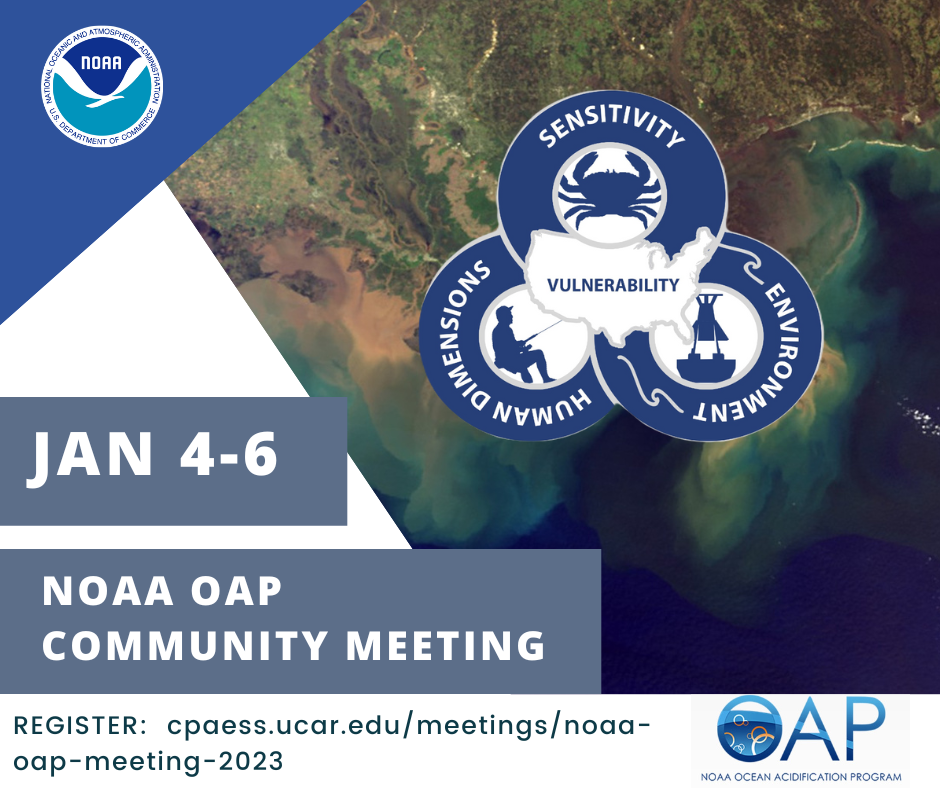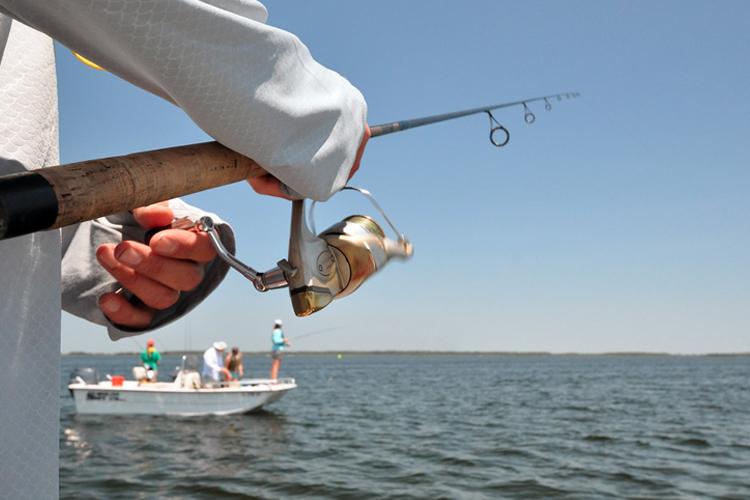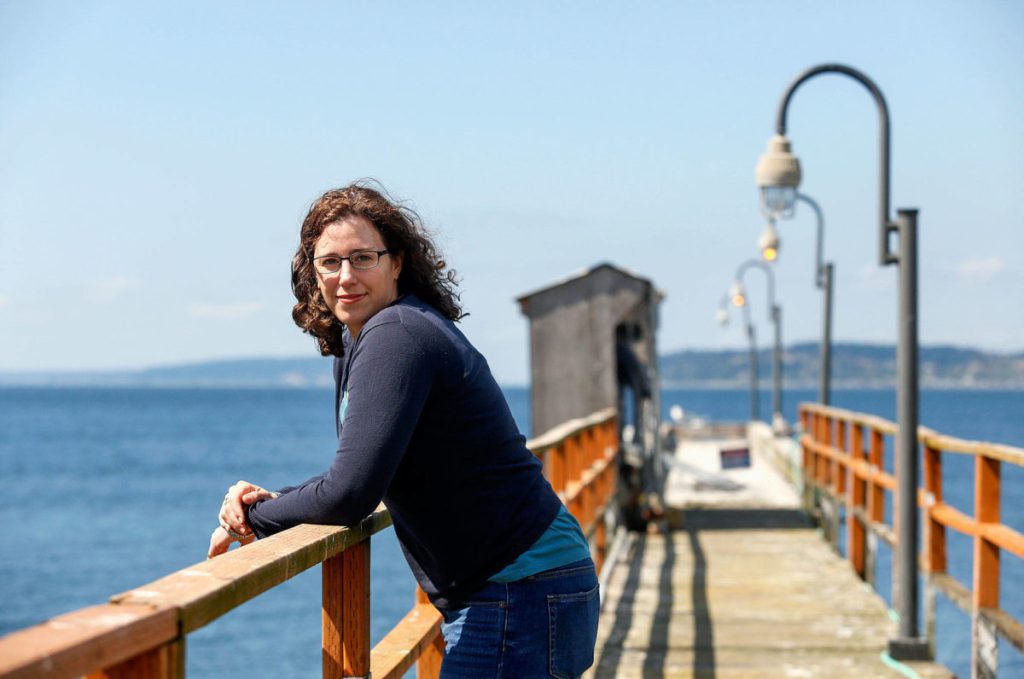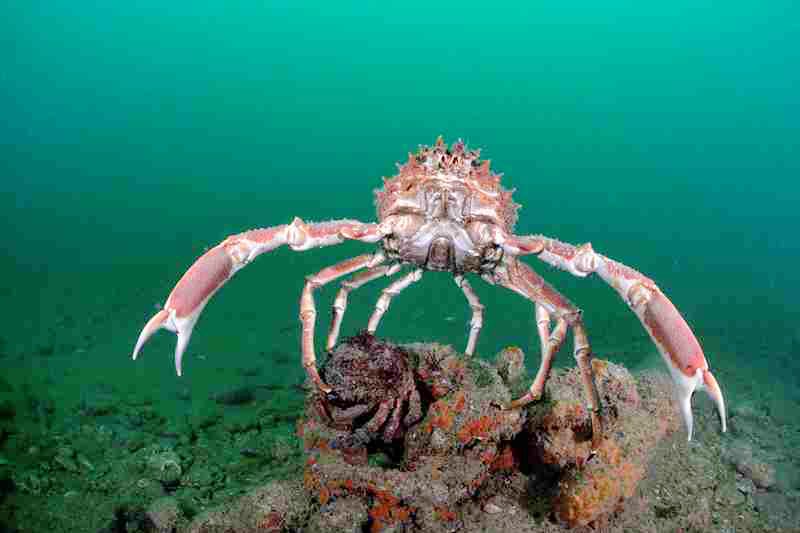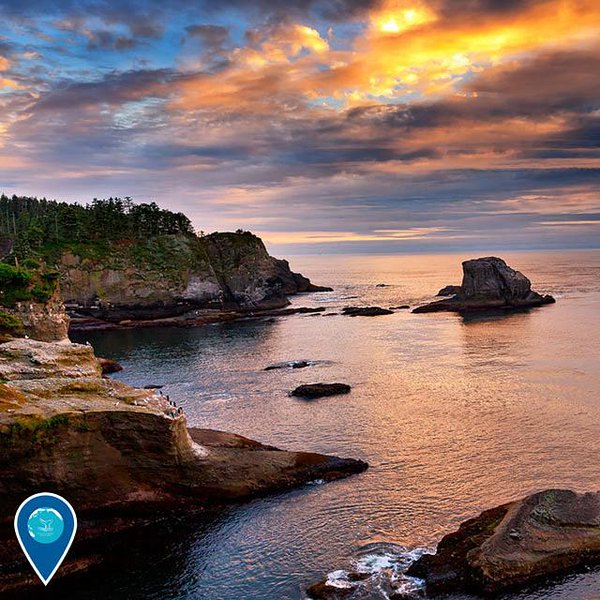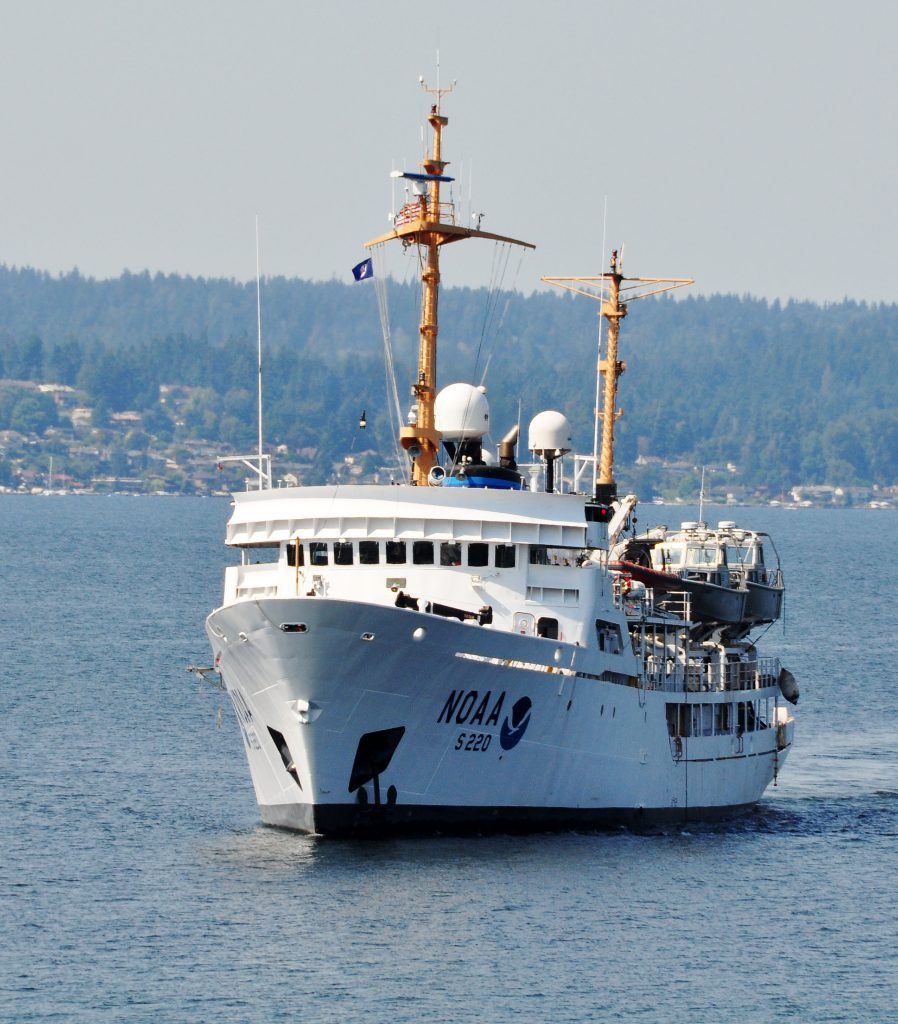Join us for the Ocean Acidification Community Meeting Jan 4-6, 2023
NOAA OAP convenes community meeting in San Diego, CA!
Every three years, the NOAA Ocean Acidification Program convenes researchers, communicators and others in the OA community for a meeting to discuss and share the latest research and future needs and directions. We want your participation! Registration is free.
Meeting Goals
- Shape the future strategic direction of the OAP
- Inform community members of recent OAP-supported efforts
- Foster collaborations within the OA research community
- Identify critical research gaps and efforts to address them
- Highlight and discuss diversity, equity, inclusion, accessibility, and justice in OA research and our community
Find more details and register HERE.
Join us for the Ocean Acidification Community Meeting Jan 4-6, 2023 Read More »
